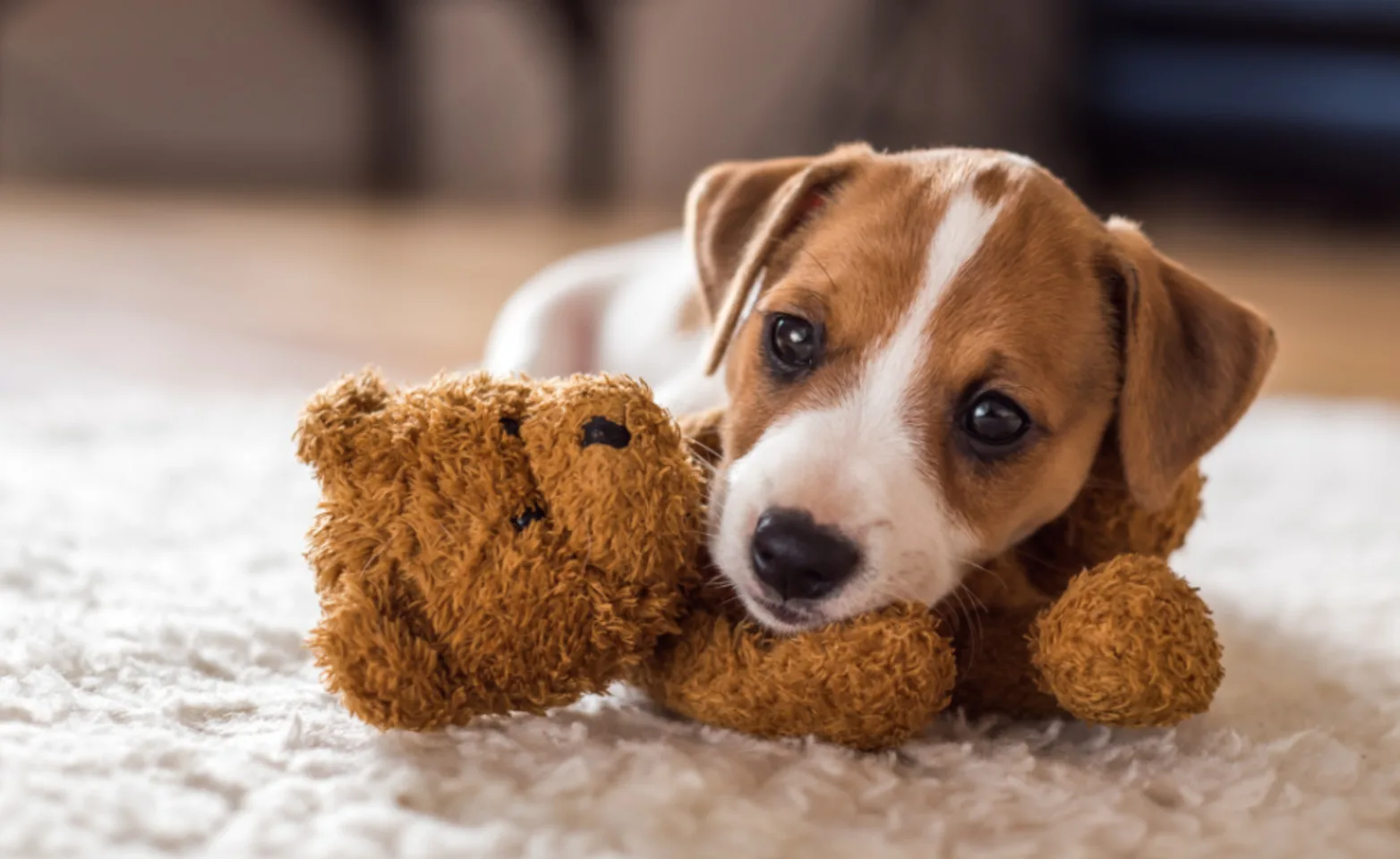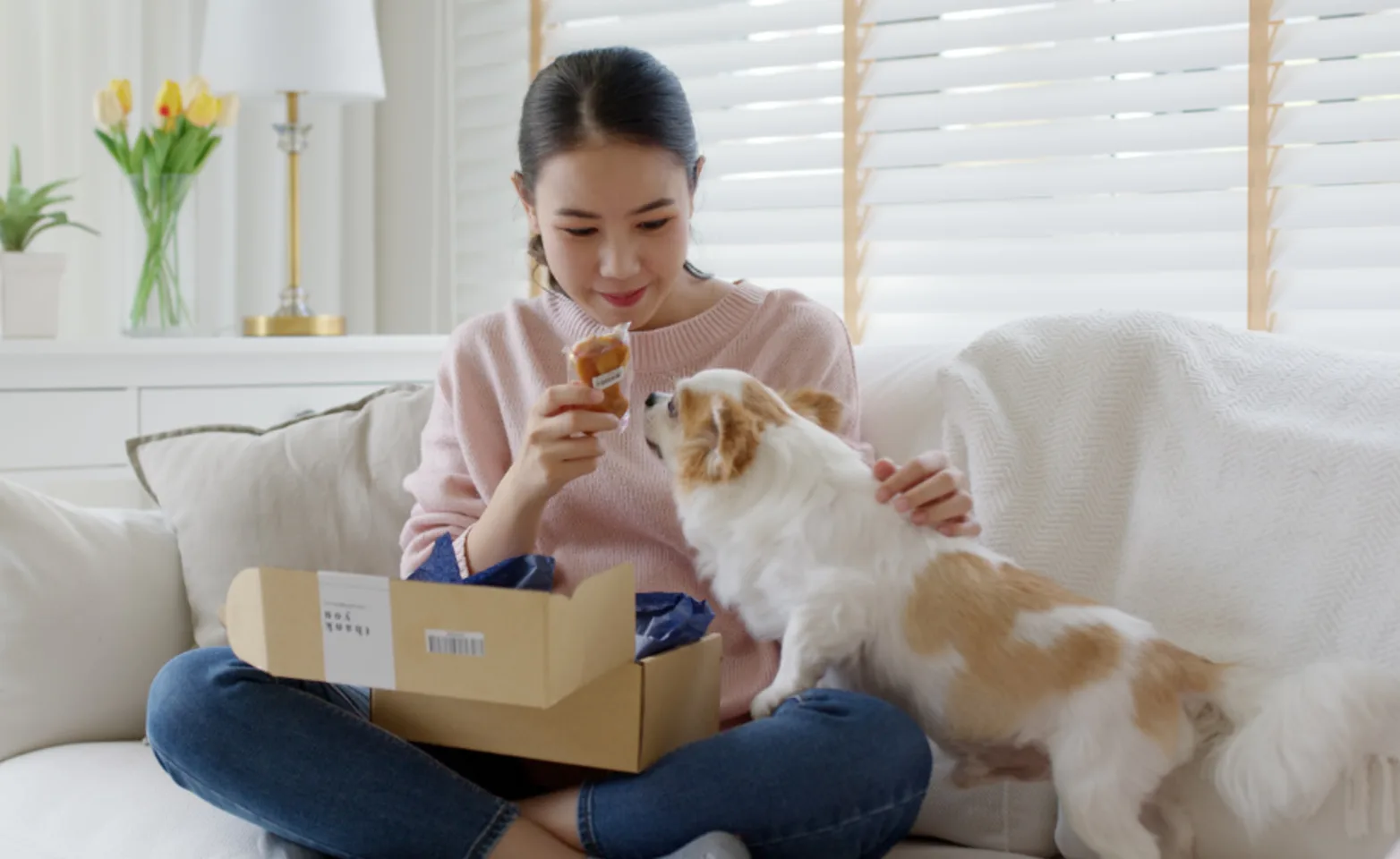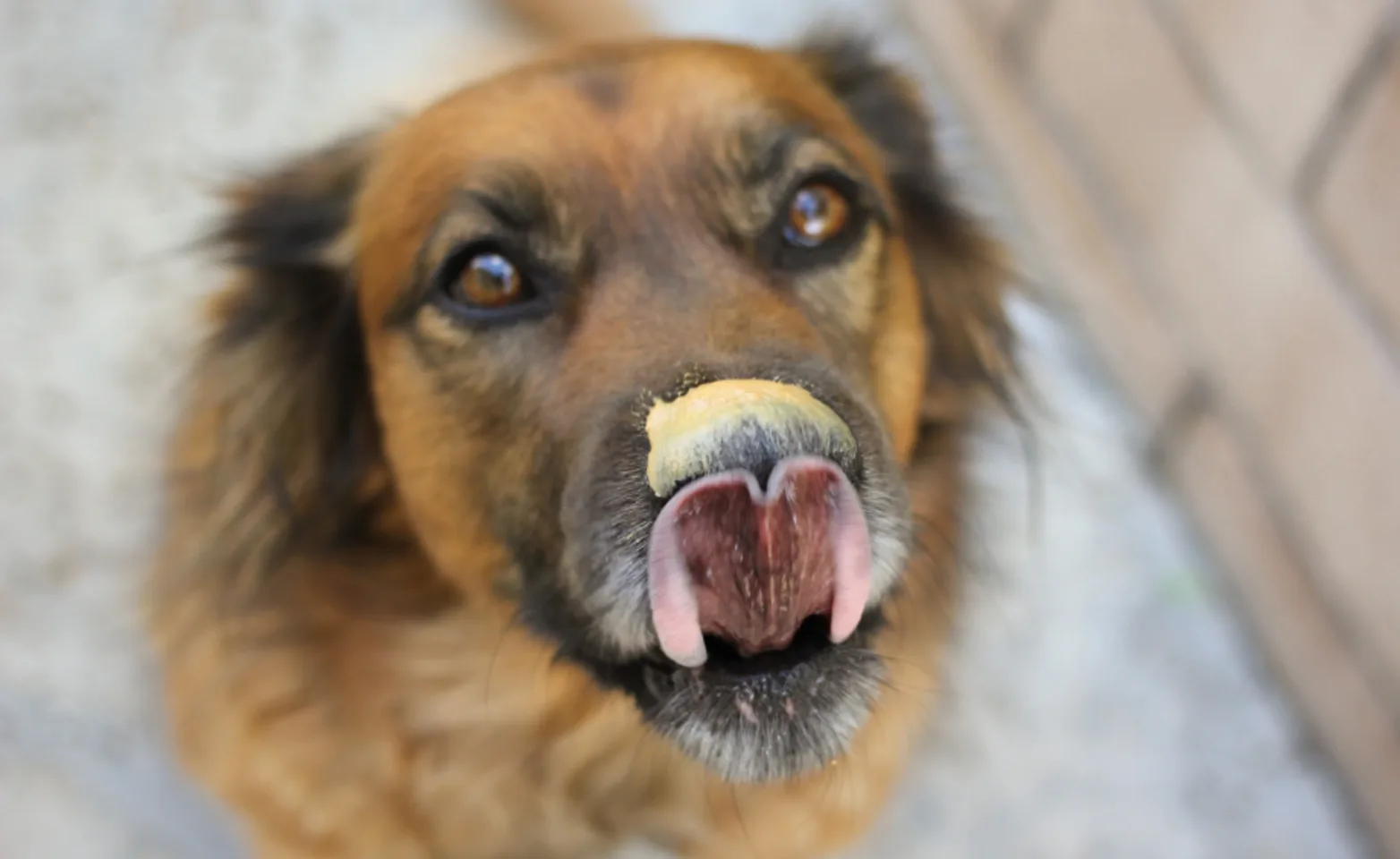Massanutten Animal Clinic

Puppy Care

Spaying or Neutering
It has been traditional in the U.S. to recommend spay or neuter procedures for all pets. The primary reason for this is to combat the problem of pet overpopulation. Despite all the efforts to control this problem, the number one cause of death for pets in the U.S. remains euthanasia at shelters.
In addition, there are some health and behavioral benefits as result from spaying and neutering:
Decreased rates of breast cancer in female dogs spayed before the first heat
Decreased rates of testicular and certain other cancers in neutered male dogs
Decreased inter-male aggression in both cats and dogs
Decreased roaming behavior in both males and females (pets leaving home to search for mates)

Foods You Can't Feed Your Pet
There are many foods we enjoy that can be dangerous to our animals. It's best to stick to pet food but if you have to feed them table food here are a few of the most toxic foods for your pet:
Avocados
Grapes and Raisins
Nuts
Onions
Beer
Chocolate
Candy
Caffeine

Foods You Can Feed Your Pet
Good news! There are a few things you can give to your furry pal. Although these foods are normally harmless, some animals have sensitive gastrointestinal tracks. Keep in mind that these and other "extras" should NOT make up more than 5-10 percent of the pet's daily caloric intake.
Vegetables- Carrot sticks, green beans, cucumber slices, and zucchini slices are all OK
Fruit- Apple slices, orange slices, bananas, and watermelon are all OK. Make sure the seeds have been taken out; seeds are not good for your pet!
Lean Meats- Any cooked lean meat should be fine for most dogs. High-fat meats, chicken skin, and fat from steaks, roasts, and ham are NOT recommended.
Never give your pet meat with bone in it. Animals can choke on the bones and they can splinter as well.
7 Steps to Proper Play
Teaching your new puppy the right way to play
Provide plenty of exercise
New puppies are bundles of energy, so give them productive ways to expend that energy such as going on walks.
Provide mental stimulation
Rubber toys that can be filled with treats, such as Kong (Kong Company) or Busy Buddy puzzle toys (Premier), offer puppies a chance to chase and bite the toys and obtain a food reward.
Play with your pup
Playing fetch or throwing a soccer ball for your pet to push around will sap some of your pup's energy
Teach and review basic obedience commands
A well-trained dog is more likely to follow orders when behaving inappropriately
Conduct leadership exercises
Follow three rules to maintain overall order:
Nothing in life is free - Ask your puppy to respond to a command such as "sit" before it receives anything it wants or needs.
Don't tell me what to do - It's ok to give your puppy love and attention it needs, but if it becomes too pushy about getting attention such as by nudging, whining, barking, or leaning, pull your hands in, lean away, and look away. Walk away if your puppy is too difficult to ignore. Once the puppy stops soliciting attention for 10 seconds, ask it to sit and give it attention.
Don't move without permission - Anytime you begin to move from one area of the home to another, ask your puppy to sit and stay for a second or two before you give it a release command to follow you.
Don't sit on the floor with your pup
This tends to get puppies excited, puts family members in a vulnerable position, and makes it more difficult to control the puppy
Promote socialization
Puppies must have frequent, positive social experiences with all types of animals and people during the first three or four months of life to prevent asocial behavior, fear, and biting. And continued exposure to a variety of people and other animals as the puppy grows and develops is an essential part of maintaining good social skills.
